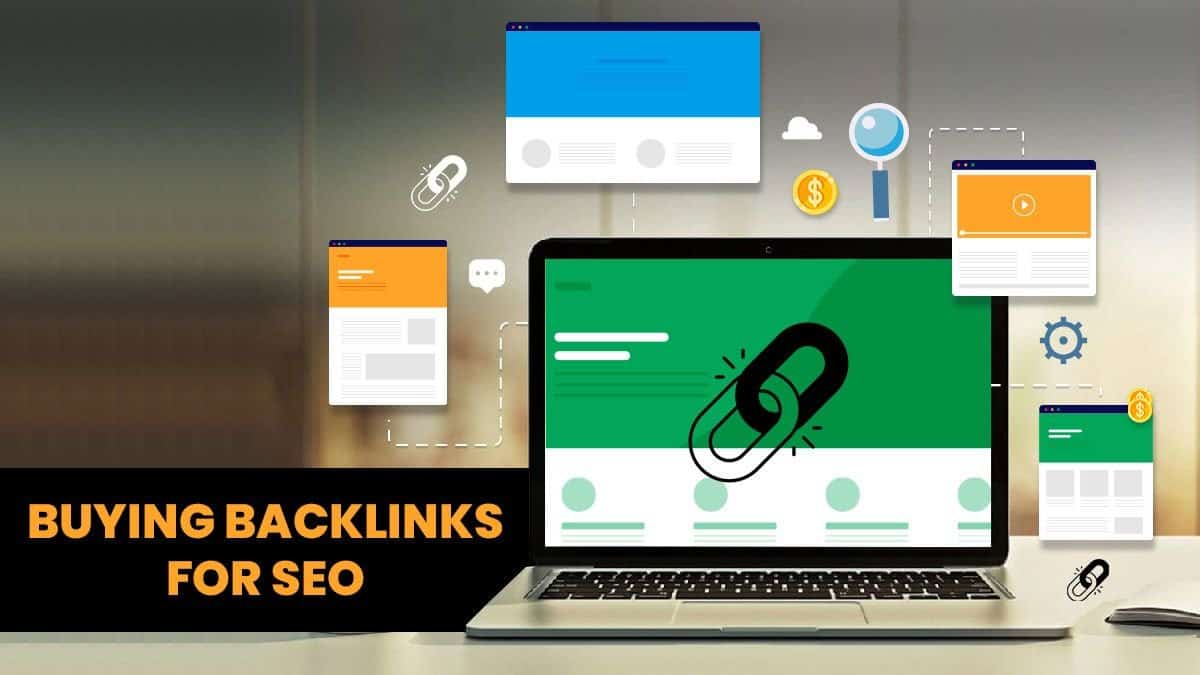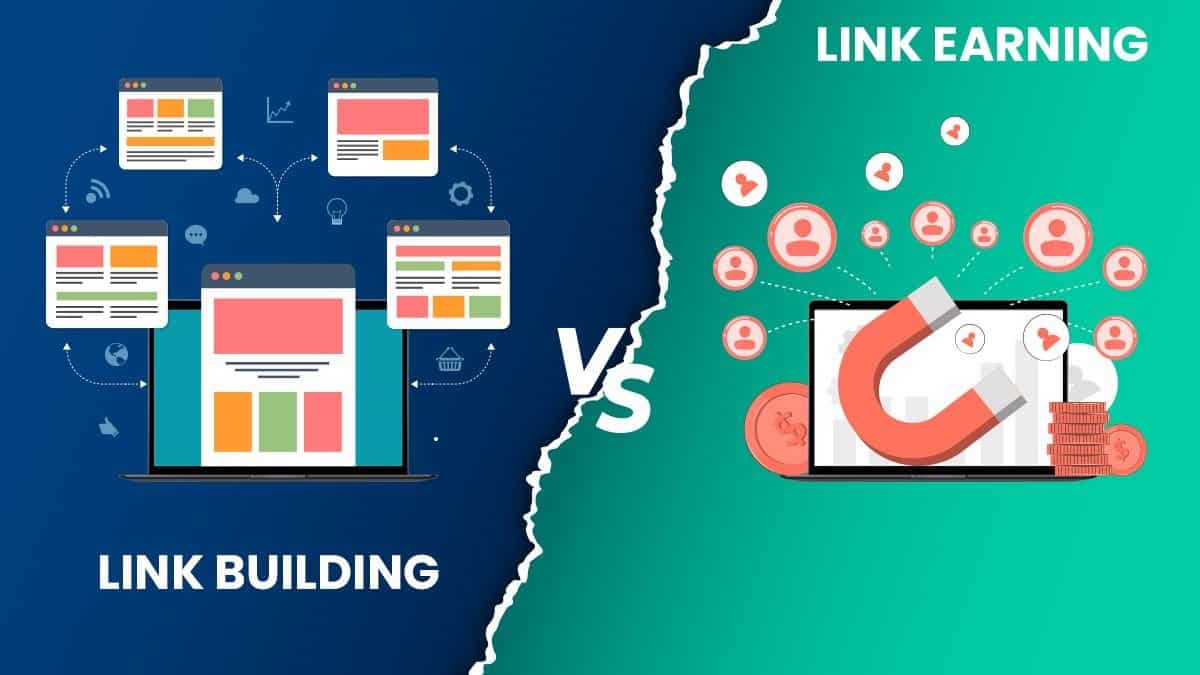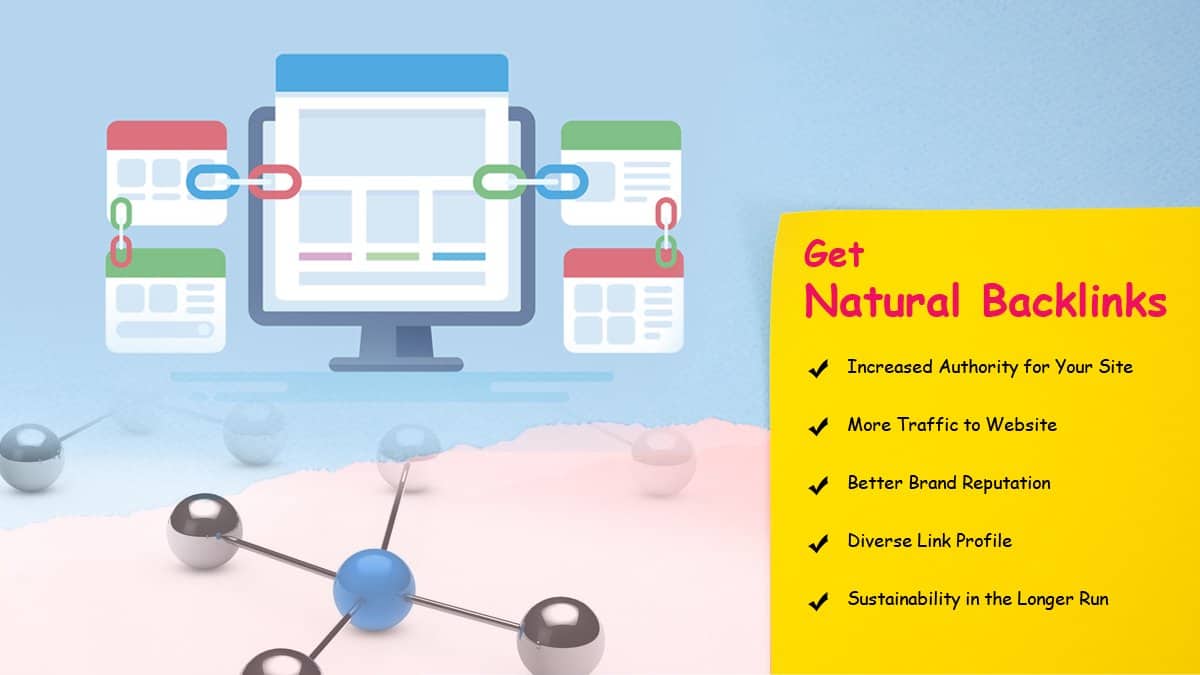Webmasters employ “nofollow” links within HTML tags to designate specific links as unimportant for search engine ranking purposes. This HTML attribute instructs search engine crawlers not to follow or index the linked page, effectively deterring it from appearing in search engine results pages (SERPs). This strategy is particularly prevalent in online platforms such as blogs to combat spam comments.
By utilizing “nofollow” links, webmasters can maintain the integrity of their content and prevent manipulation of search engine rankings. Consequently, it helps to foster a more authentic and relevant online environment by thwarting the impact of irrelevant or low-quality links.
Check this post about facts about no follow links to understand how no follow links are vital for the SEO success of your website.
The Impact of Blog Commenting on SEO and Online Integrity
Commenting on blogs presents a viable avenue for enhancing a website’s visibility through the acquisition of backlinks, which can positively impact its search engine ranking. This strategy capitalizes on the interconnected nature of online content, as each comment left on a blog potentially serves as a link back to the commenter’s own site. However, the effectiveness of this approach hinges on the quality and relevance of the comments provided.
Link building experts often view no-follow links as valuable for driving referral traffic and enhancing brand visibility, despite their lack of direct impact on SEO rankings.
Despite its potential benefits, the practice of blog commenting is not without its pitfalls. Unethical actors may exploit this medium by posting irrelevant comments solely for the purpose of manipulating search engine algorithms. Such deceptive tactics undermine the integrity of online discourse and compromise the credibility of search engine results.
These irrelevant comments detract from the genuine engagement and conversation within the blogging community, serving as noise rather than meaningful contributions. Thankfully, many blogging platforms have implemented measures to combat this issue. Through advanced algorithms and moderation tools, these platforms can identify and filter out spam comments, preserving the quality of discussion and fostering a more authentic online environment.
Role of No-Follow Links in Preventing Spam on Blogs
No-follow links play a crucial role in maintaining the integrity of blogs by preventing spam infiltration and bolstering SEO effectiveness. By employing these links, website administrators can exercise control over which pages receive ranking boosts, thereby directing search engine crawlers towards the most relevant and valuable content. This strategic use of no-follow links not only helps in combating spam but also contributes to optimizing the overall performance of a website in search engine results pages (SERPs).
Strategic Use of No-Follow Links in SEO Optimization
In SEO, the selective implementation of no-follow links can significantly enhance a website’s visibility and authority within its niche. This targeted approach ensures that valuable link equity is directed towards high-quality pages, thereby maximizing their potential to rank prominently in search engine results. However, the effective utilization of no-follow links requires a deep understanding of search engine algorithms and best practices.
Typically, the responsibility of implementing and managing no-follow links falls on the shoulders of seasoned professionals who possess a comprehensive understanding of SEO principles and techniques. These experts leverage their expertise to strategically incorporate no-follow links into a website’s link profile, aligning them with the broader SEO strategy and business objectives.
By maintaining control over the use of No-follow links and actively promoting meaningful discourse among your audience, you can strike a balance between SEO optimization and authentic community engagement. This balanced approach ensures that your blog remains both search engine-friendly and conducive to fostering genuine connections and conversations among your readers.
By entrusting this task to experienced professionals, website owners can ensure that their no-follow link strategy is executed with precision and efficiency, yielding tangible improvements in search engine visibility and user engagement.
While No-follow links can play a role in enhancing search engine optimization (SEO) efforts, they are not an absolute necessity for successful blog management. Their presence or absence can be easily discerned through browser extensions and specialized blogging software, providing bloggers with the means to make informed decisions about their linking strategies.
Also Read: SEO TIMELINE: HOW LONG DOES IT TAKE TO SEE RESULTS?
Maximizing Engagement and Control with No-Follow Links in SEO
No-follow links serve various purposes in online content management. Firstly, they are instrumental in combating spam by ensuring that only relevant blog comments receive visibility. By utilizing no-follow links, website owners can effectively filter out spammy or irrelevant content, enhancing the quality of user engagement.
Additionally, no-follow links offer a means of maintaining control over external links. In situations where websites link to external sources but wish to prevent these links from impacting search results, implementing no-follow attributes is critical. This control ensures that the website’s search rankings remain unaffected by the linked external content, preserving the integrity of search engine optimization efforts.
Interpreting comments on your blogs is a highly subjective endeavor influenced by individual perspectives and experiences. Encouraging lively and engaging comments can significantly enrich user interaction and cultivate a vibrant community without relying solely on the use of No-follow links.
No follow links, a common feature in HTML coding, serve the purpose of instructing search engines not to transfer authority from one webpage to another. Despite popular misconceptions, these links do not impede content visibility or hinder search engine indexing. Thus, relying solely on no follow links for blocking external content is ineffective. Alternatively, the robots exclusion standard, often implemented through a robots.txt file, provides a more robust means of controlling which content appears in search results.
Additionally, meta elements, such as meta robot tags, furnish specific directives to search engine crawlers regarding the indexing and crawling behavior of individual web pages. Together, these mechanisms ensure a more precise and efficient management of content visibility and indexing across the web.
Conclusion
In conclusion, understanding the significance of “no-follow” links is crucial for anyone involved in online content creation, SEO, or digital marketing. While these links may not directly contribute to a website’s search engine rankings, they still play a vital role in building a well-rounded backlink profile, fostering brand visibility, and adhering to ethical linking practices.
By strategically incorporating and managing no-follow links alongside their do-follow counterparts, website owners can enhance their overall SEO efforts, maintain credibility with search engines, and ultimately improve the user experience for their audience.
FAQs
How do No Follow links affect SEO?
No Follow links do not directly impact a website’s SEO rankings because search engines do not follow them for indexing. However, they can still contribute to a website’s overall link profile and referral traffic.
When should I use No Follow links?
Use No Follow links when linking to user-generated content, paid promotions, affiliate links, untrusted websites, and any links you don’t want search engines to associate your website with.
Can No Follow links generate traffic?
Yes, No Follow links can still drive traffic to your website if they are clicked on by users. While they may not directly impact SEO rankings, they can contribute to referral traffic and brand visibility.
Do all search engines honor No Follow links?
While major search engines like Google and Bing typically honor No Follow attributes, there’s no guarantee that all search engines will do the same. It’s generally a widely accepted standard, but search engines may interpret and prioritize it differently.
Can No Follow links be changed to Do Follow?
Yes, you can change a No Follow link to a Do Follow link by removing the rel=”nofollow” attribute from the HTML hyperlink tag. However, it’s important to consider the implications for SEO and follow search engine guidelines.
Are there any alternatives to No Follow links?
Yes, some alternatives to No Follow links include sponsored or UGC (User-Generated Content) attributes, which provide search engines with more context about the nature of the link. Additionally, using internal linking strategies can also help distribute link equity within your website.







